As the film industry attempts to regain its footing from a tumultuous year, it seems many of our most-anticipated (some long-delayed) titles will be arriving in the back half of 2021. But the midway point still has plenty to recommend. As we do each year, we’ve rounded up our favorite films thus far.
While year’s end will bring personal favorites from all our writers, think of the below entries (and honorable mentions) as a comprehensive rundown of what should be seen before heading forward. As a note: this feature is based solely on U.S. theatrical and digital releases from 2021, with the majority widely available, where listed.
We should also note a number of films that premiered on the festival circuit last year also had a qualifying award, therefore making them 2020 films by our standards—including I Carry You With Me, Minari, The Truffle Hunters, and The Father. Check out our picks below, as organized alphabetically, followed by honorable mentions.
About Endlessness (Roy Andersson)
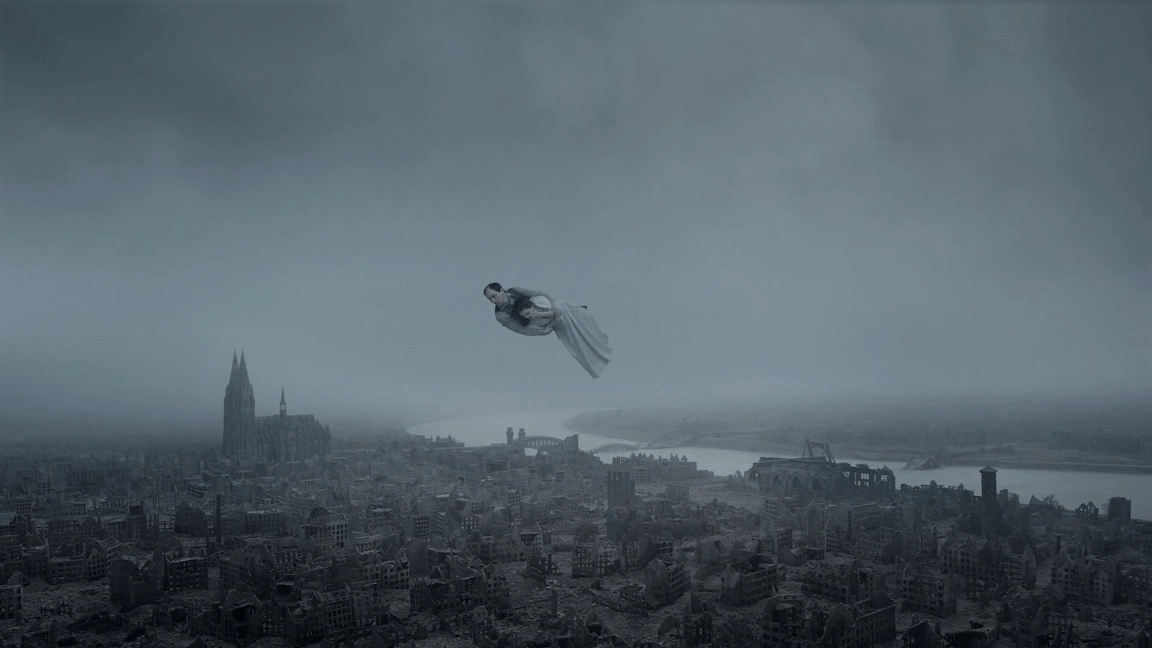
“What should I do now that I have lost my faith?” is the question that animates About Endlessness; this being the new film by Roy Andersson, it is delivered in a doctor’s waiting room, over and over again, in a creaky voice, by a dumpy man in late middle age who continues his plaint even after the doctor and his receptionist gruntingly force him outside into the hallway, from whence they can hear him scratching at the door like a zombie. About Endlessness is Roy Andersson’s fourth film of this century; it looks much like the previous three, and nothing like anything else ever made. – Mark A. (full review)
Where to Watch: VOD
All Light, Everywhere (Theo Anthony)
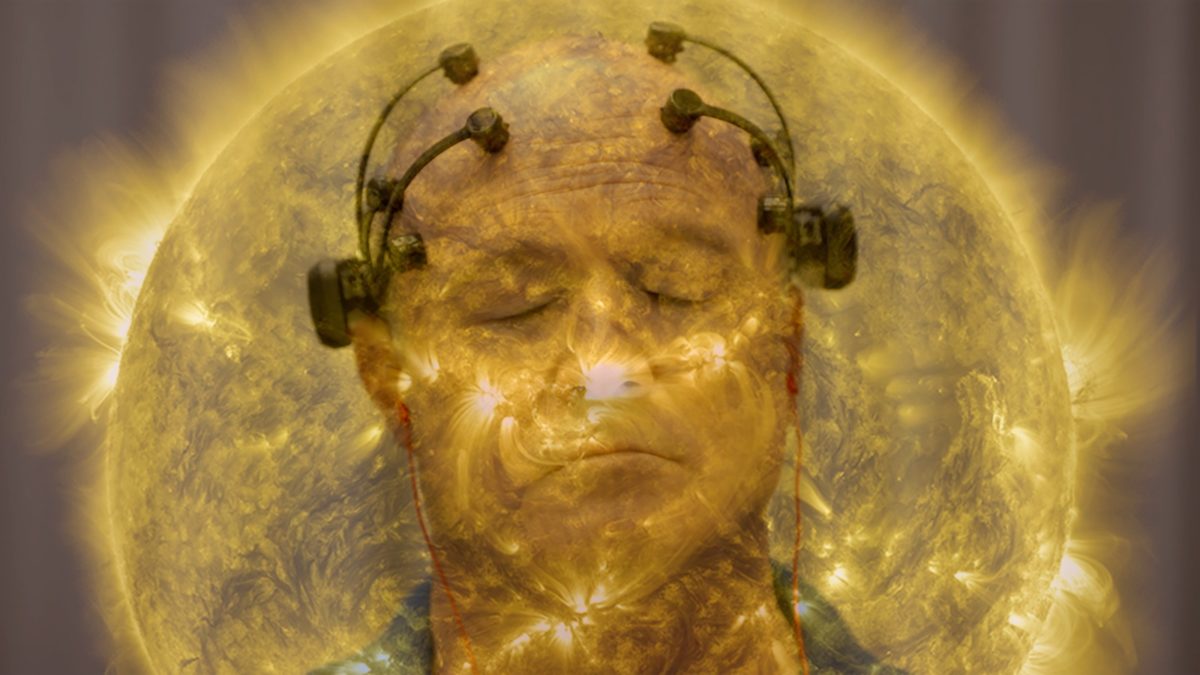
Seemingly birthed from some kind of virtuosic computer algorithm or beamed directly from outer space, Theo Anthony’s debut feature Rat Film was a peculiarly engaging, wholly fascinating documentary. Using the population of rats to chart the history of classism and systemic racism throughout Baltimore over decades, it heralded an original new voice in nonfiction filmmaking. When it comes to his follow-up All Light, Everywhere, Anthony casts a wider focus while still retaining the same unique vision as he explores how technological breakthroughs (and pitfalls) in filmmaking have reverberated throughout history to both embolden and trick our perceptions of perspective. To thread these strands and see its modern-day effects, the majority of the film looks at the engineering behind police body cameras, and the extensive use of those devices and other surveillance equipment to support officers in cases where evidence might otherwise come down to only verbal testimonies. – Jordan R. (full review)
Where to Watch: Theaters
Barb and Star Go to Vista Del Mar (Josh Greenbaum)

Injecting a sense of delightfully unbridled frivolity to quite a dire era of studio comedy, Barb and Star Go to Vista Del Mar marks Annie Mumolo and Kristen Wiig’s first project since a decade ago with Bridesmaids. Following best friends as they take their dream vacation in a town that’s being targeted for mass destruction, this is a comedy that understands being dumb doesn’t mean dumbing things down. With a radiant color palette and joke-a-minute delivery, couple with Jamie Dornan’s best performance, this will certainly be the most rewatchable film on this list in the years to come. – Jordan R.
The Disciple (Chaitanya Tamhane)
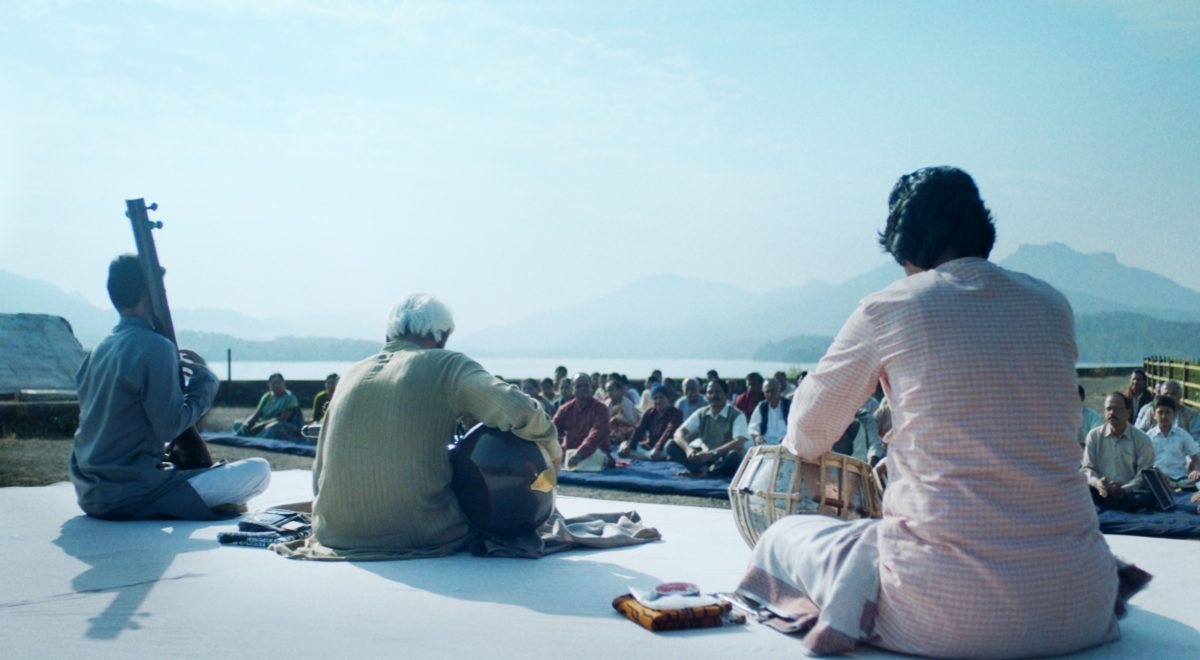
In The Disciple, a dedicated student of traditional North Indian music must grapple with the nagging feeling that he might not be quite good enough. The film is the latest from Chaitanya Tamhane, an Indian filmmaker who made a big splash in Venice in 2014 when his debut feature Court—a naturalistic film that quietly and comprehensively lampooned the Indian criminal justice system––won the Horizons award for best film. He was 27 at the time, still relatively young, yet some called it a masterpiece. Now at 33, Tamhane has followed it with a story about a person who hopes, perhaps in vain, to achieve such acclaim. We suggest approaching with a degree of caution if such doubts sound eerily familiar. – Rory O. (full review)
Where to Watch: Netflix, Theaters
The Inheritance (Ephraim Asili)

History, art, ideology, and love make up the four pillars of Ephraim Asili’s The Inheritance, a thrillingly alive debut feature that resides both inside the square rooms of a West Philadelphia house and outside the boundaries of genre. As its title suggests, to assume the past experiences, lessons, and artistic creations of others can be liberating. But there’s also great personal responsibility to pass on that knowledge in some productive way. – Glenn H. (full review)
Where to Watch: Projectr.tv
The Killing of Two Lovers (Robert Machoian)
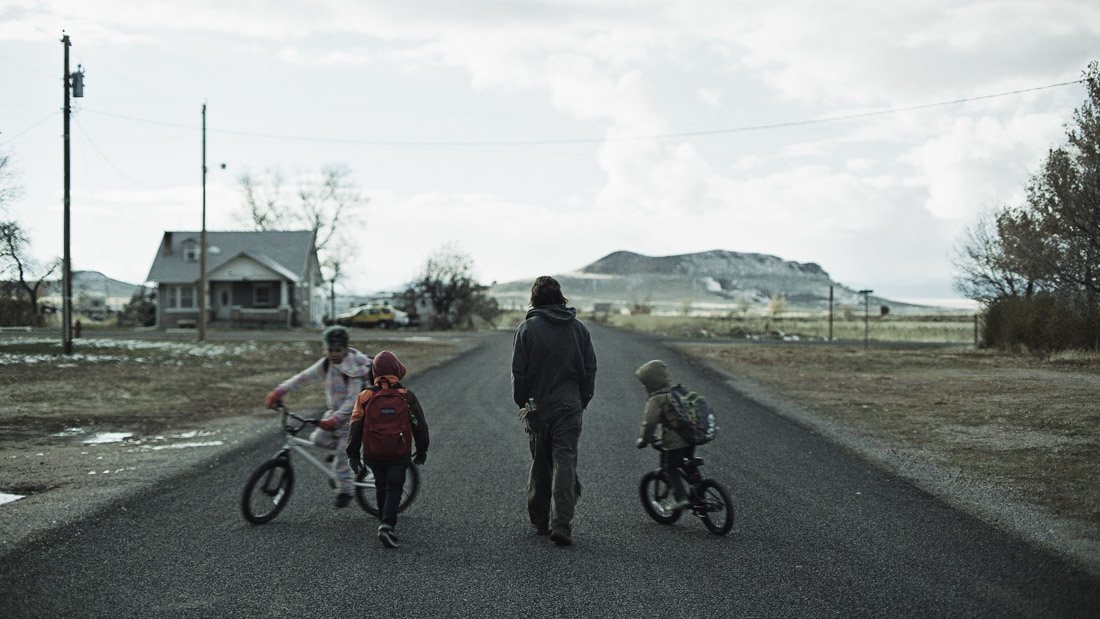
Opening with a jarring, heart-stopping scene in which David (Clayne Crawford) points a gun at his sleeping wife, Robert Machoian’s The Killing of Two Lovers is a riveting and restrained autopsy of a marriage in free fall. David and Nikki (Sepideh Moafi) have already separated, with David returning to his parent’s home. Their teenage daughter Jessica (Avery Pizzuto) takes it out on both parents, telling them to be the adults and work it out. The problem with that notion is that David and Nikki never had the chance to grow. Having Jessica young and four boys immediately afterward, they’ve stayed in the same small Utah town and moved only a few doors away from David’s childhood home. – John F. (full review)
Malmkrog (Cristi Puiu)
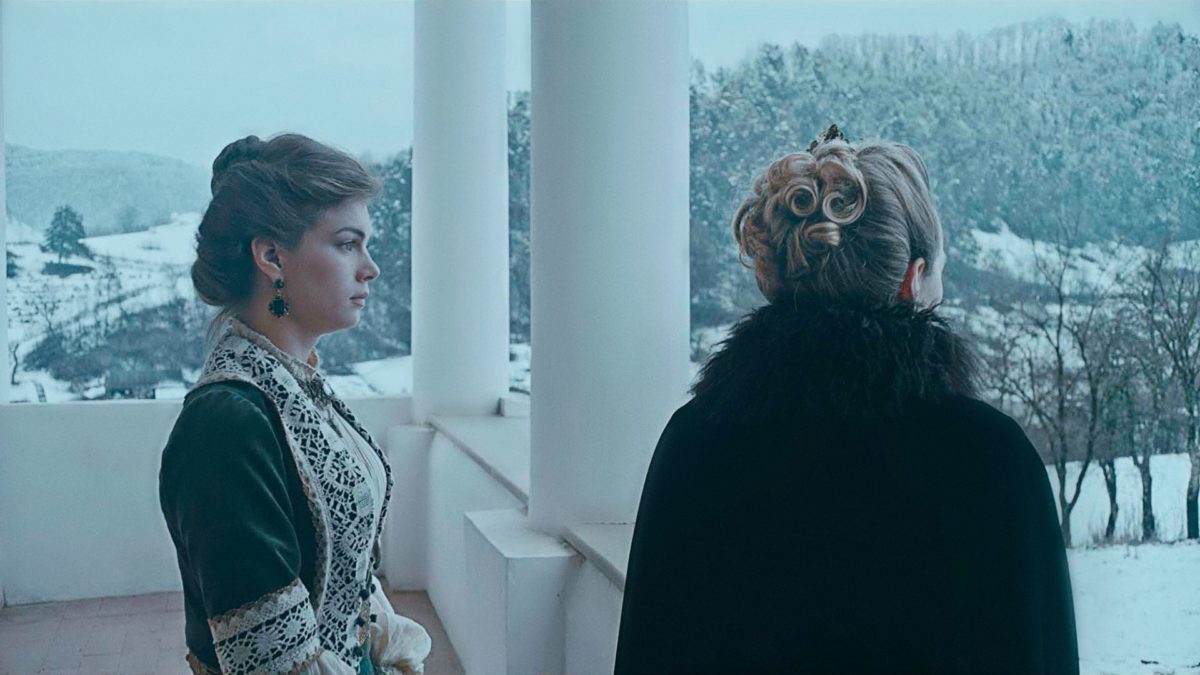
In Malmkrog, a group of Russian aristocrats gather in a grand rural estate to wax philosophical during a long and luxurious dinner party. The film offers seemingly the closest thing to a direct screen staging of Russian philosopher Vladimir Solovyov’s War and Christianity: The Three Conversations. At 200 minutes, it runs just a few breaths short of Stanley Kubrick’s 2001: A Space Odyssey but seldom ever leaves the confines of the decadent surrounding–indeed, the majority takes place in just three rooms. – Rory O. (full review)
Where to Watch: MUBI
Quo vadis, Aida? (Jasmila Zbanic)
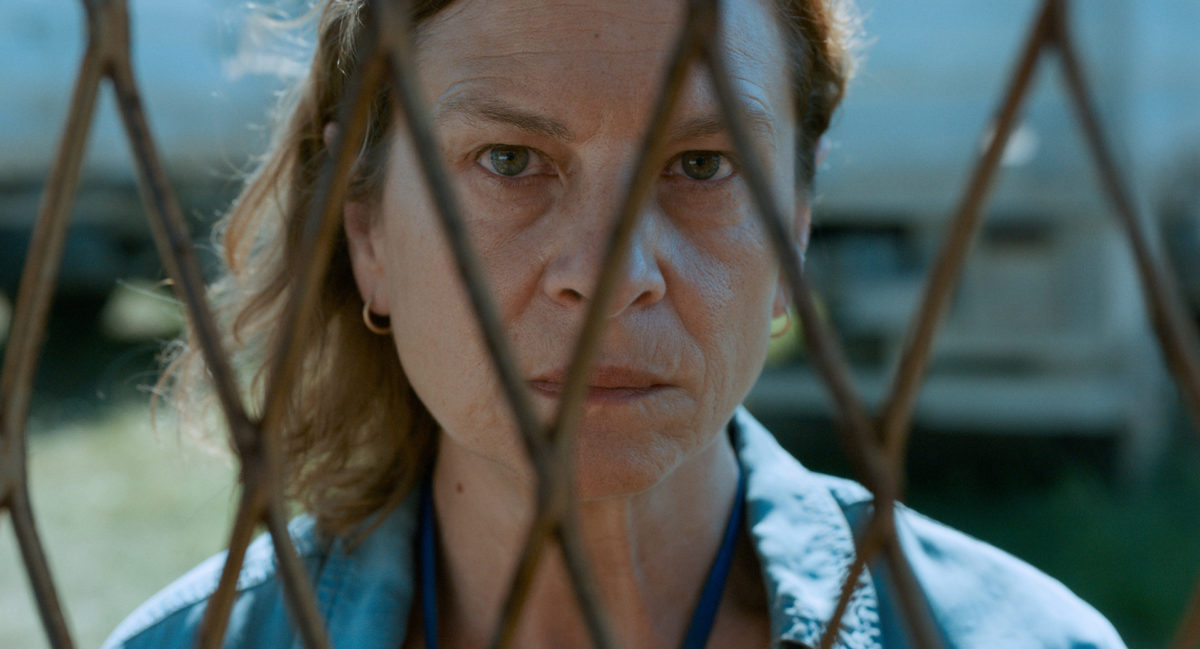
Some stories don’t leave room for a hero even if they provide ample opportunity for one to enter. And when it comes to the 1995 Bosnian genocide that occurred in the town of Srebrenica at the hands of the Serbian army, there’s hardly room for hope let alone saviors. With over eight thousand men murdered while the UN and the world looked on, what is truly left but mourning and memorial? What is there to say besides the truth of its horrors so that those who were blind and/or ignorant to these people’s plight can begin to understand? That’s ultimately writer/director Jasmila Zbanic’s goal with Quo vadis, Aida? as someone who knows all too well having survived a siege on Sarajevo. Mankind cannot afford to forget. – Jared M. (full review)
Where to Watch: Hulu
The Real Thing (Koji Fukada)

With its massive runtime, circular story, and repetitive depiction of self-destructiveness, Kôji Fukada’s The Real Thing is the very antithesis to the classic meet-cute scenario. Based on Mochiru Hoshisato’s graphic novel, it was originally produced for Japanese television. The film has been slightly trimmed and spliced together for theatrical audiences at a still-hefty 232 minutes. Thus some of the eccentric charm that made it such a masterpiece of the serial format has vanished. Strangely, though, watching this maddening tale of love found, lost, and found in one fell swoop makes for a more sobering and heartbreaking experience. – Glenn H. (full review)
Where to Watch: Virtual Cinemas
Shiva Baby (Emma Seligman)

It is apropos that Emma Seligman’s Shiva Baby is screening in the Toronto International Film Festival’s Discovery platform. It is a discovery, in every sense: the discovery of a new comic voice behind the camera, the discovery of a note-perfect star in lead actor Rachel Sennott, and the discovery of a viewing experience that is at once hilarious, awkward, uncomfortable, and unforgettable. Shiva Baby is a blast of energy and from its first moment to its last Seligman finds the right balance. There is genuine suspense, if not horror; the score, by Ariel Marx, could just as easily fit a summer camp slasher flick. But the greatest feeling for the audience––after discomfort––is excitement. – Chris S. (full review)
Siberia (Abel Ferrara)
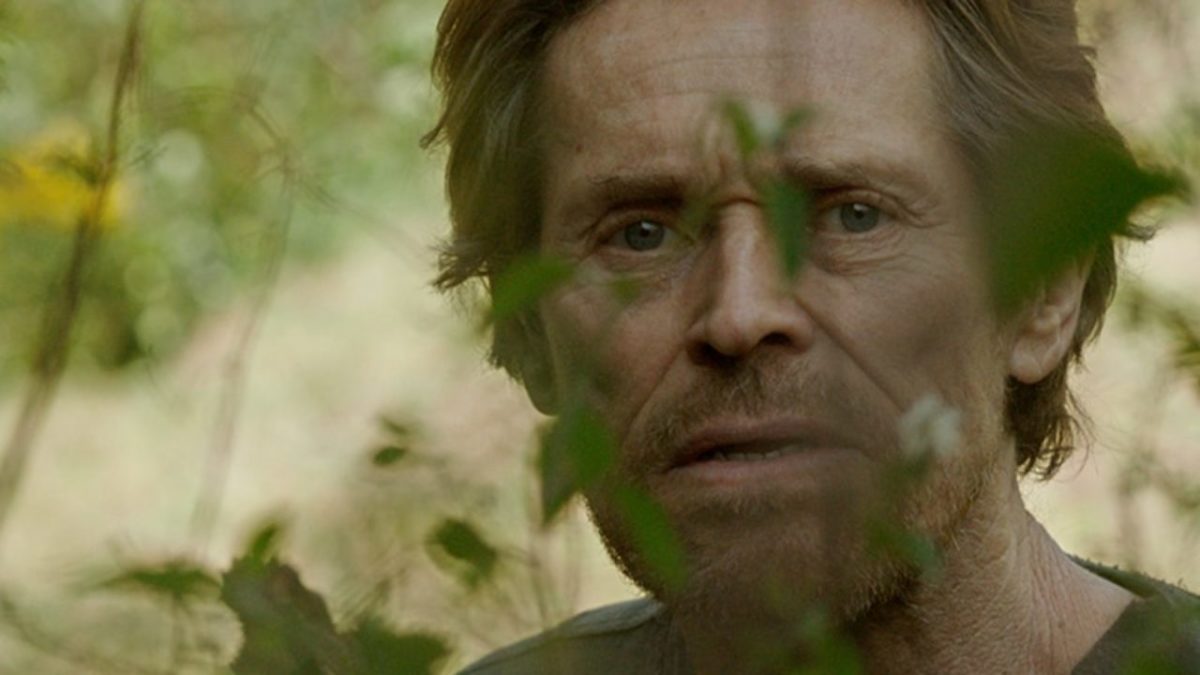
In Abel Ferrara’s films over the last 10 years, the apocalypse has been looming, waiting to infect everyone in its vicinity with darkness, death, and devastation. In Tommaso, there is doom impending even in an otherwise stable family unit, paralyzing its protagonist with anxieties and sufferings so intense that there’s no chance of a happy ending. In Pasolini, the apocalypse is made further personal. The inevitable death of the Italian filmmaker is built towards with cosmic sadness, the unfinished work of his being brought to life by Ferrara like half-remembered dreams before his violent murder. Within his masterpiece 4:44 Last Day on Earth, the apocalypse is literal, two people desperately trying to cling onto each other before time itself runs out in front of their eyes. All of Ferrara’s pursuits of understanding death and the horrors of it are present in his latest feature film Siberia, one that takes the dreamlike moments of Pasolini and expands them into a fragmented, labyrinthic nightmare. – Logan K. (full review)
Where to Watch: VOD, Theaters, Blu-ray
Slow Machine (Paul Felten and Joe DeNardo)

It’s rare that a new American film feels genuinely alive with possibility from beginning to end. So many of the logistical, economic, and technological decisions that go into making a movie in the United States are designed to suffocate artistic vision in favor of audience accessibility. Which means something infinitely strange and fractured like Slow Machine feels all the more essential, an eccentric celluloid shape-shifter shot on 16mm that playfully upends the tropes of narrative storytelling. – Glenn H. (full review)
Where to Watch: Projectr.tv
Sweet Thing (Alexandre Rockwell)
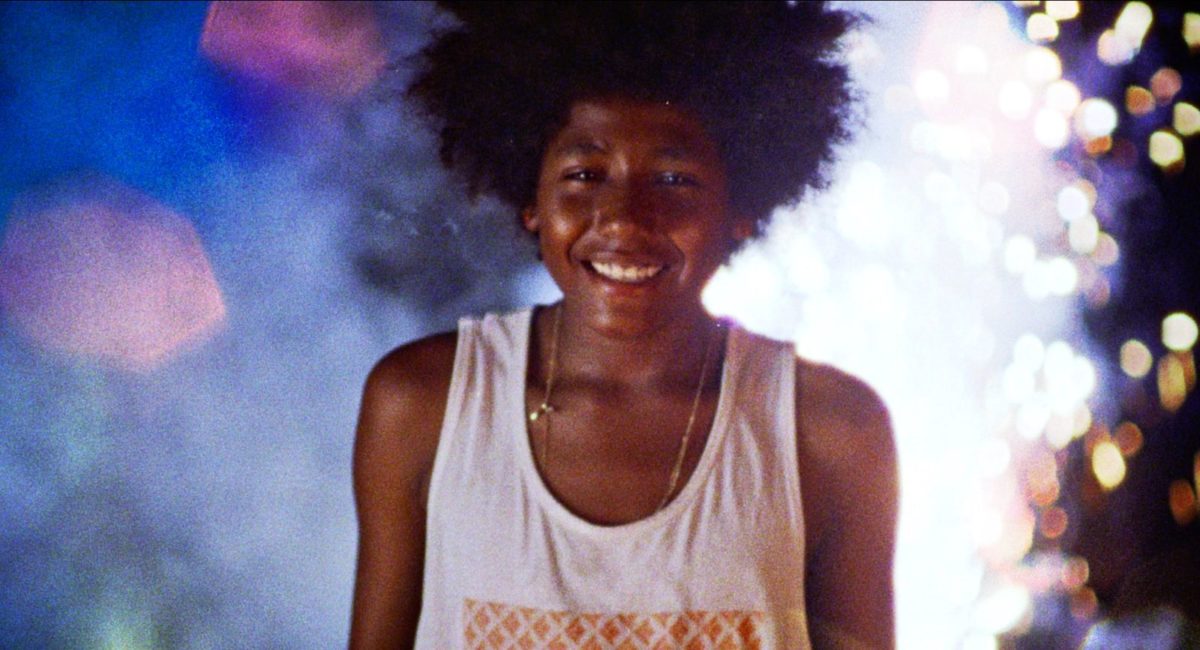
Alexandre Rockwell’s Sweet Thing could be pulled from any era. Shot in striking 16mm black-and-white, the coming-of-age film—Rockwell’s first feature since 2013—is an intimate story about childhood, connection, freedom, and the stories we tell ourselves to survive. Starring Rockwell’s own children Lana and Nico as, respectively, Billie and Nico, Sweet Thing keeps its lens on two children maturing before they should and forced into situations of adulthood. – Michael F. (full review)
Where to Watch: Virtual Cinemas
Test Pattern (Shatara Michelle Ford)

Every new romance begins with the fantasy of everlasting happiness. Film as an art form is adept at capturing the intensity of euphoric early moments shared between two love-struck people discovering each other for the first time. Audiences know this is merely a precursor to the reality and heartbreak that comes next, but we still flock to love stories nevertheless. Shatara Michelle Ford’s Test Pattern is one of the most unique and sobering deconstructions of this classic construct. The cutesy first act finds corporate manager Renesha (Brittany T. Hall) falling in love with hipster tattoo artist Evan (Will Brill) after they meet-cute at a bar one night. While their early conversations are stilted and groggy, the two are drawn to each other in ways that are not entirely explainable. Honeymoon phases rarely make a lick of sense. – Glenn H. (full review)
Where to Watch: VOD
There Is No Evil (Mohammad Rasoulof)

Iranian director Mohammad Rasoulof won Cannes’s Un Certain Regard award in 2017 with his bruising, brilliant drama A Man of Integrity, which explored how an oppressive regime crushes independent thought. On his return to his home nation, he was arrested, thrown in prison for a year, banned from leaving Iran, and forbidden from filmmaking for life. Not that it stopped him. Just three years later, he’s made a major work of recent Iranian cinema. Not since A Short Film About Killing has a filmmaker produced such a thrilling case against capital punishment, an enraging, enthralling, enduring testament to the oppressed. – Ed F. (full review)
Where to Stream: Kino Marquee, DVD
Undine (Christian Petzold)
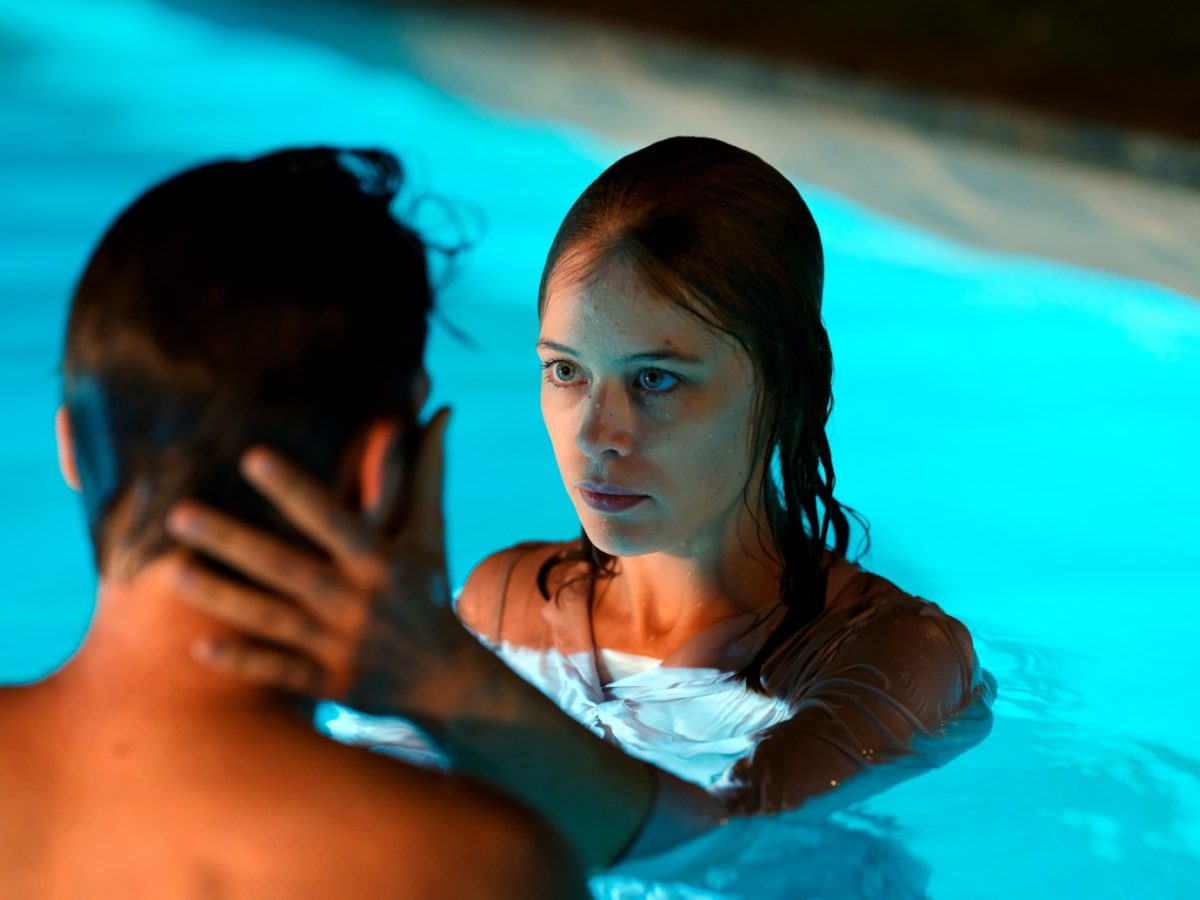
After a stellar body of early work, Christian Petzold earned greater attention with Phoenix and Transit, and now he’s back with Undine. In this mythological melodrama, the German master’s touch is orchestrated to a pitch-perfect degree, imbuing each note with the ideal amount of strange mystery. I can’t imagine there will be a more romantic scene in a film this year than Paula Beer in a negligee rehearsing a speech about urban development to a dotingly transfixed Franz Rogowski in his underwear. – Jordan R.
Where to Watch: VOD, Theaters (check local listings)
Wrath of Man (Guy Ritchie)
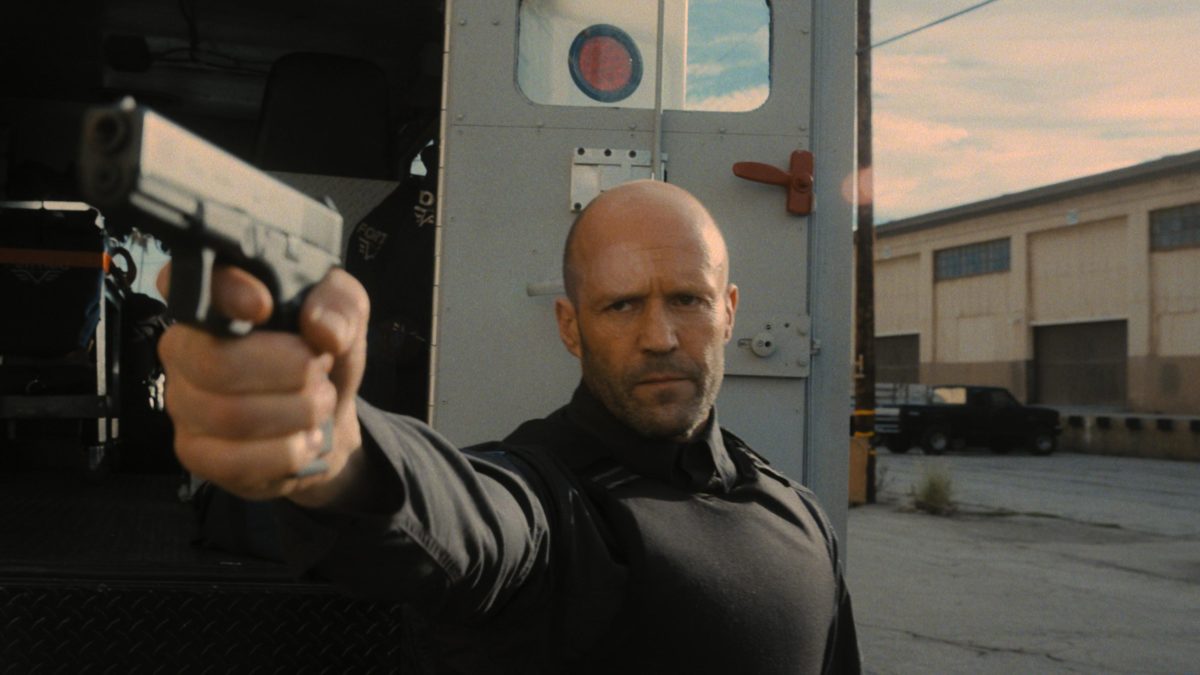
While his first two fast-talking, hyper-edited crime dramas, Lock, Stock and Two Smoking Barrels and Snatch, hit at the opportune pubescent period of this viewer’s early journey with cinema, I had mostly tuned out of the films of Guy Ritchie in subsequent years. Consider my surprise when Wrath of Man turned out to be an uncharacteristically patient, deliciously mean piece of work not without some sly Jason Statham levity. While half of the fun of this revenge-meets-heist drama would be undone if the narrative was chronological, seeing Ritchie partaking in a down-and-dirty, grotesque S. Craig Zahler approach to filmmaking makes for one of the year’s high points. – Jordan R.
Honorable Mentions
- Acasă, My Home
- Atlantis
- Bad Trip
- Censor
- Cliff Walkers
- The Dig
- The Dry
- The Fever
- Hope
- The Human Voice
- Limbo
- Lost Course
- Luca
- Identifying Features
- Judas and the Black Messiah
- maɬni – towards the ocean, towards the shore
- MLK/FBI
- Notturno
- Oxygen
- The Perfect Candidate
- The Reason I Jump
- Rose Plays Julie
- Slalom
- The Sparks Brothers
- Spring Blossom
- Swimming Out Till the Sea Turns Blue
- This Is Not a Burial, It’s a Resurrection
- Wojnarowicz: Fk You F*ggot Fker
- Zola
